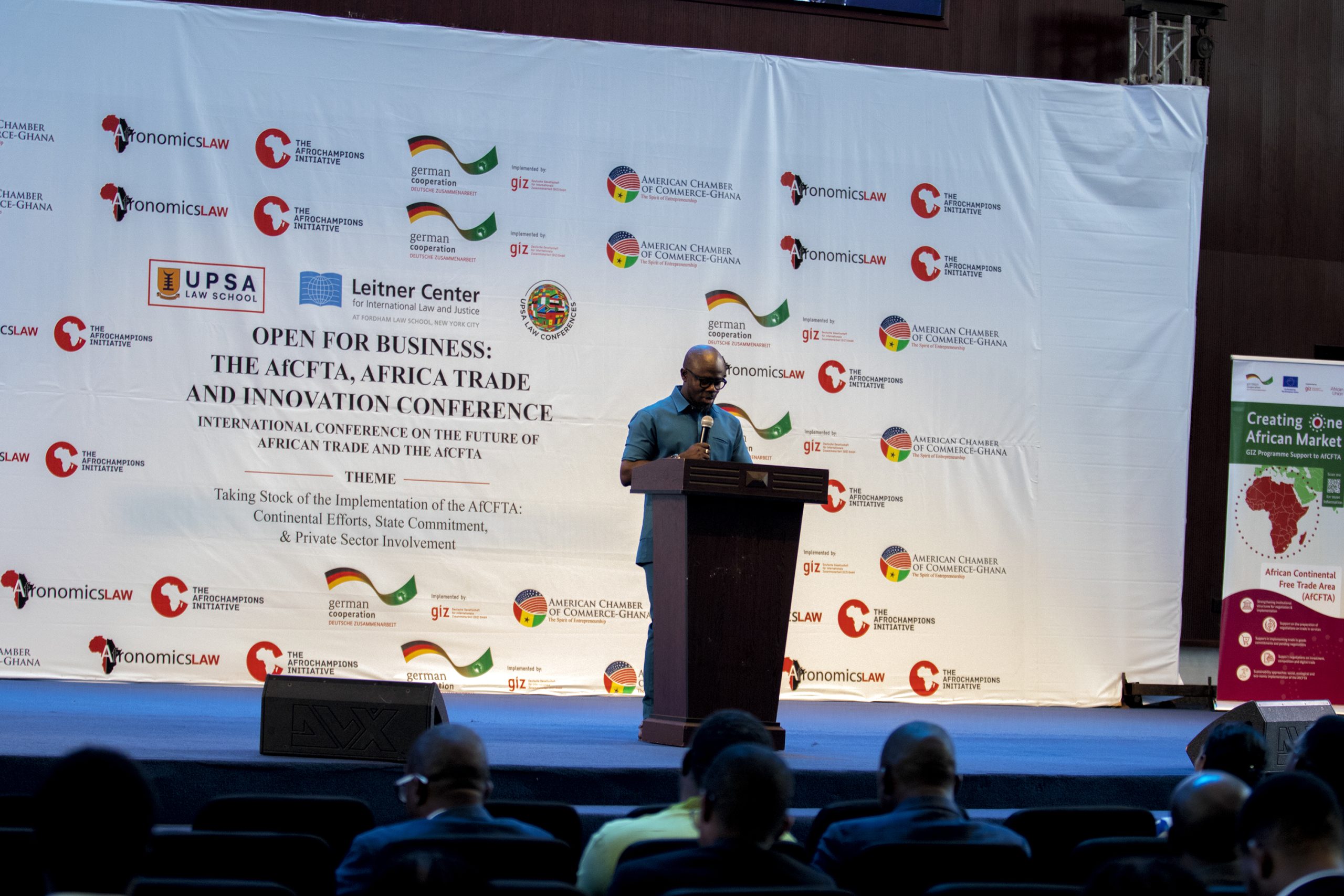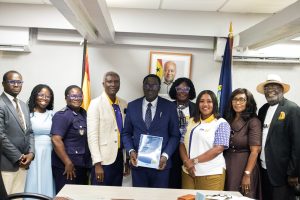The UPSA Law School, in collaboration with the Leitner Center for International Law and Justice, has hosted an international conference focusing on the African Continental Free Trade Agreement (AfCFTA).
The two-day event was under the theme, “Taking Stock of the Implementation of the AfCFTA: Continental Efforts, State Commitment & Private Sector Involvement”.
It brought together key stakeholders to examine the roles of various agencies and industries in AfCFTA’s implementation.
AfCFTA, launched in 2018, aims to create a single market for African goods and services across the 54 nations on the continent.
The conference provided a platform for discussing the challenges and opportunities presented by the free trade agreement since its inception.
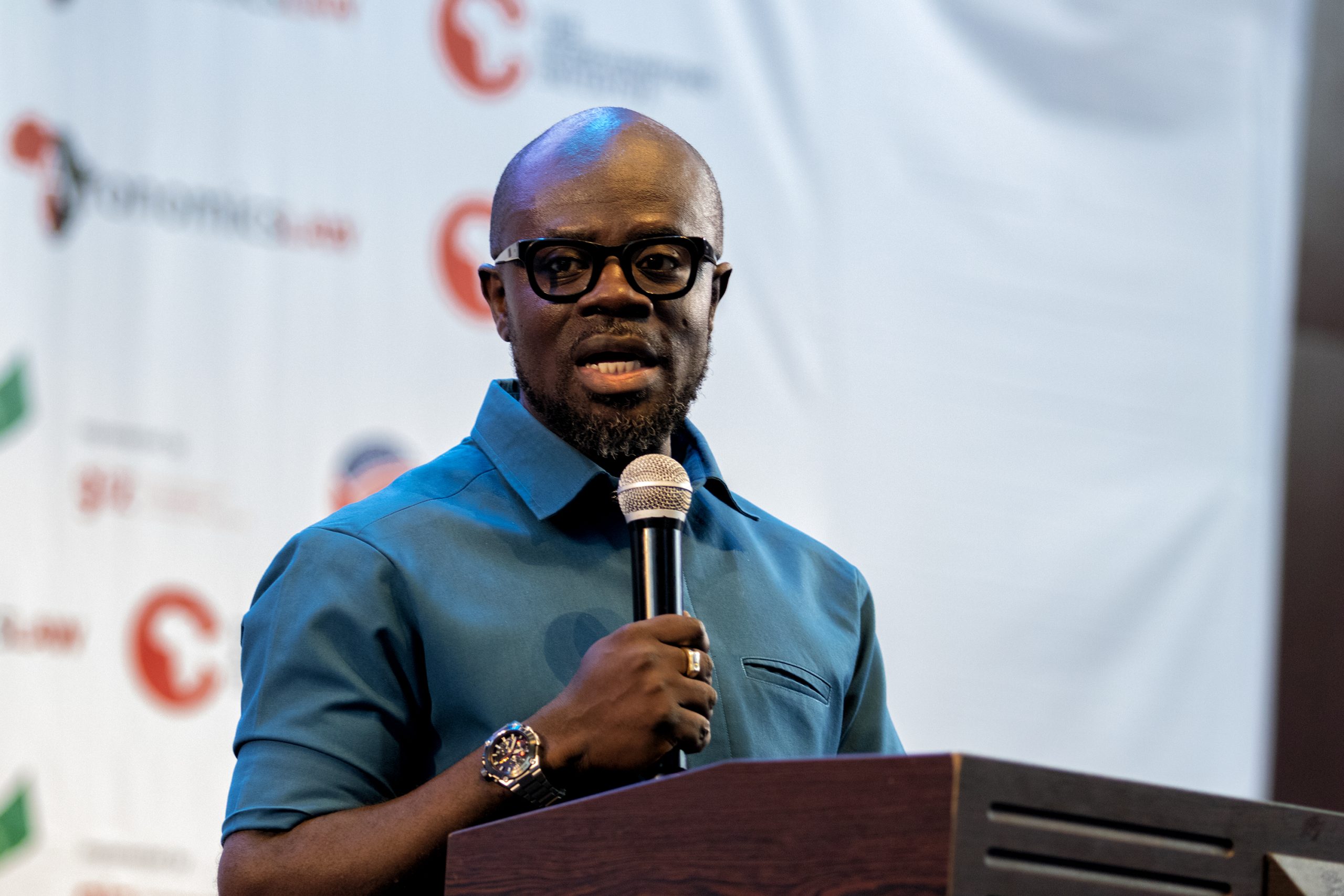
In his opening remarks, Prof. Ernest Kofi Abotsi, Dean of UPSA Law School, emphasized the need for a thorough evaluation of the AfCFTA’s journey.
He highlighted the agreement’s potential to significantly boost Africa’s economic development and reduce poverty but stressed that this requires proactive and deliberate interventions.
“AfCFTA is not self-executing unless there is a deliberate intervention. It requires the support of governments, key and specific intervention including infrastructural intervention, a particular trade input and all kinds of things to ensure that it succeeds,” Prof. Abosti stated.

Ghana’s former President, H.E. John Agyekum Kufuor, serving as the conference patron, lauded UPSA for facilitating discussions on the future of African trade under the AfCFTA framework.
“Already in its fifth year, the evolving AfCFTA regime has exhibited problems which demand reflections on the gains and ills of it progress so far. This is why conferences such us this present an opportunity for the needed introspection on the revolution so far,” President Kufuor said.
He also called for a review on the AfCFTA’s framework, urging swift resolutions for a Pan-African payment system and a reduction in border restrictions among African countries. Overcoming these obstacles, he noted, is crucial for unlocking AfCFTA’s full potential.
The German Ambassador to Ghana, Daniel Krull, underscored the importance of collaboration among African nations.
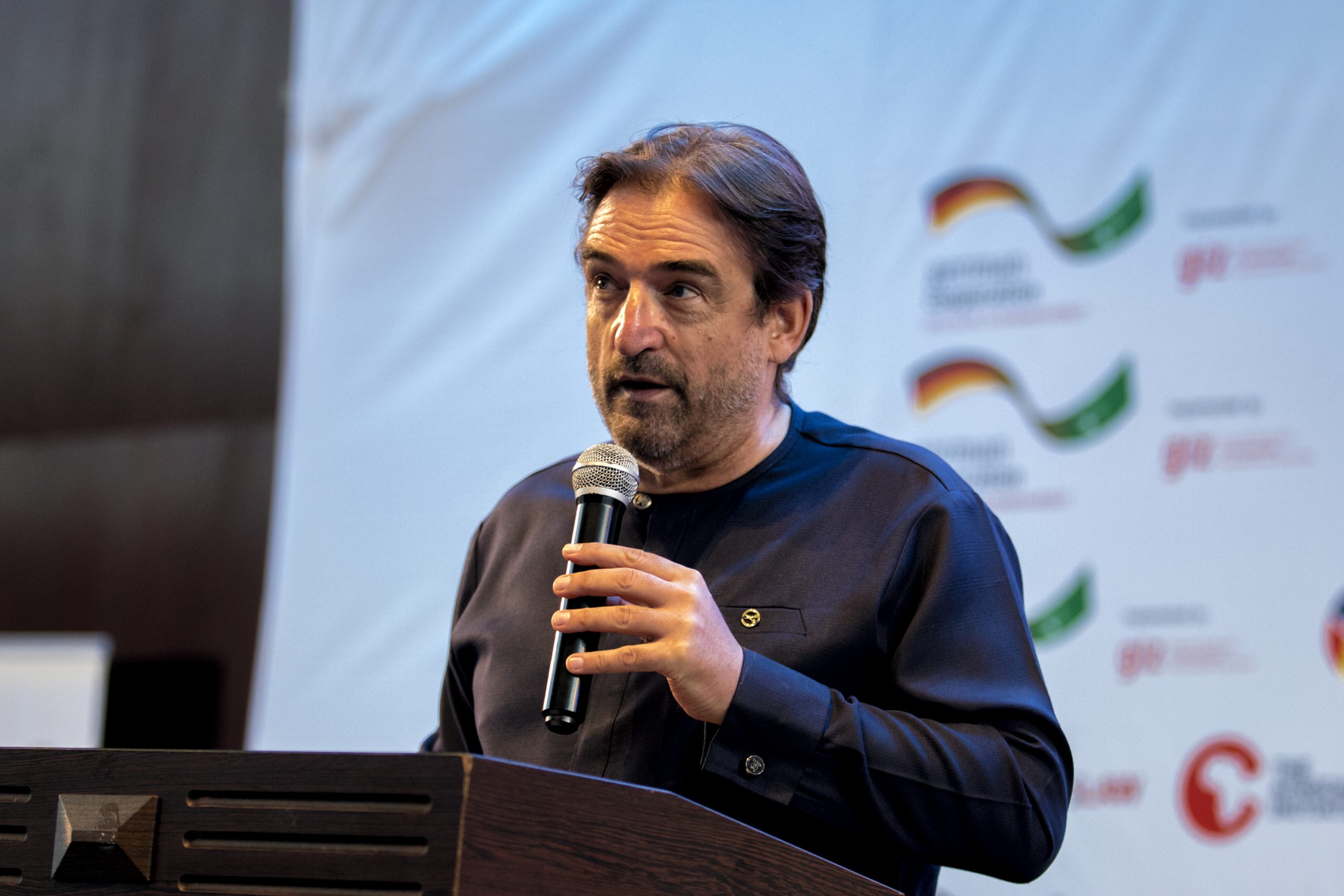
He pointed out that continuous cooperation between governments, the private sector, and institutions is essential for the AfCFTA’s success and for ushering in a new era of economic prosperity in Africa.
The conference featured insightful presentations and discussions from leading legal scholars and practitioners.
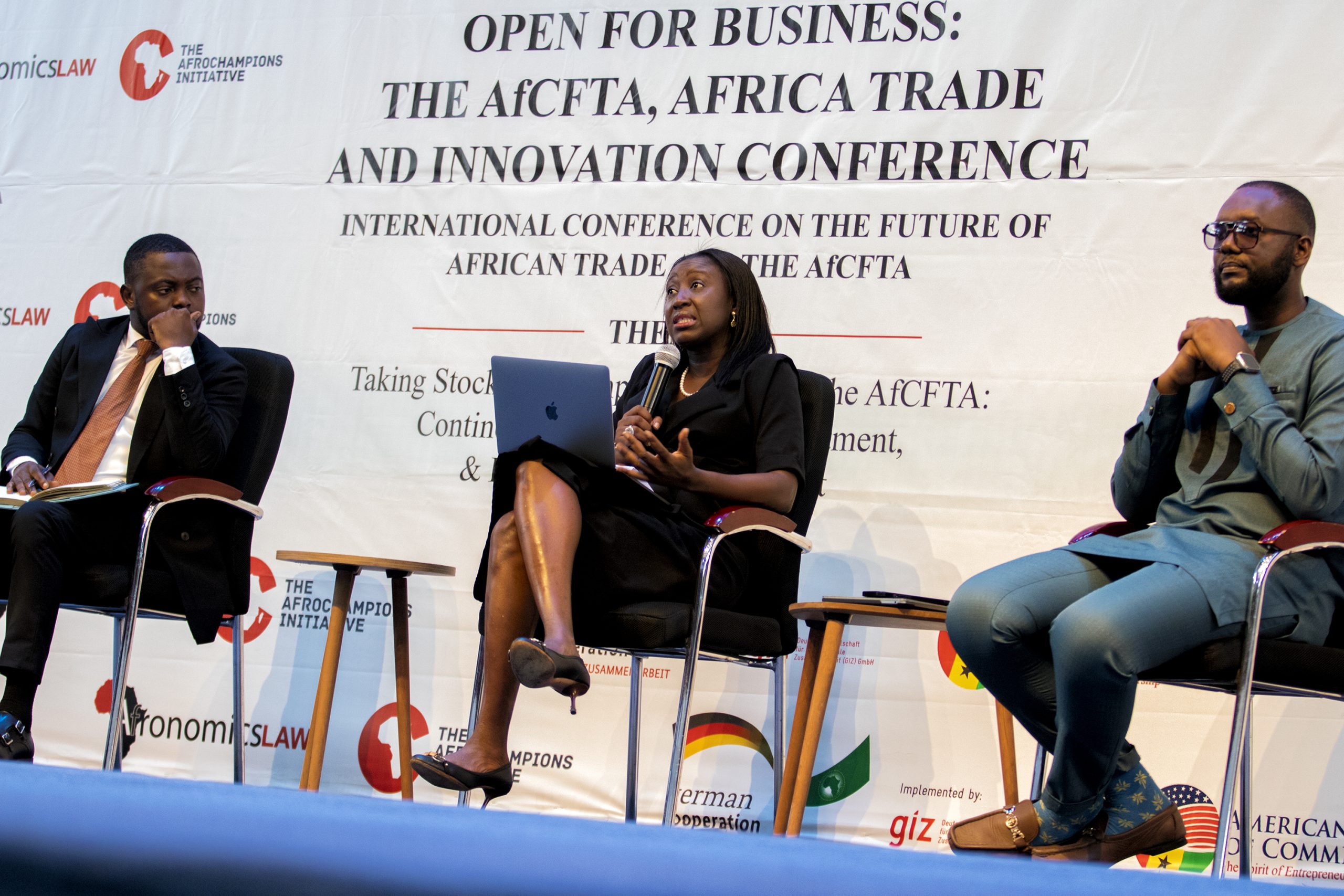
Juliana W. Njiriri from the African Nazarene School of Law explored AfCFTA’s potential impact on African tax laws, while Dr. Newman U. Richards of the University of Nigeria examined the relationship between the African Union’s Free Movement Protocol and the future of the AfCFTA.
Additionally, a panel led by UPSA Law School’s Kweku Attakora Dwomoh and Naa Ameley Quaye discussed strategies for raising public awareness about AfCFTA across the continent.

